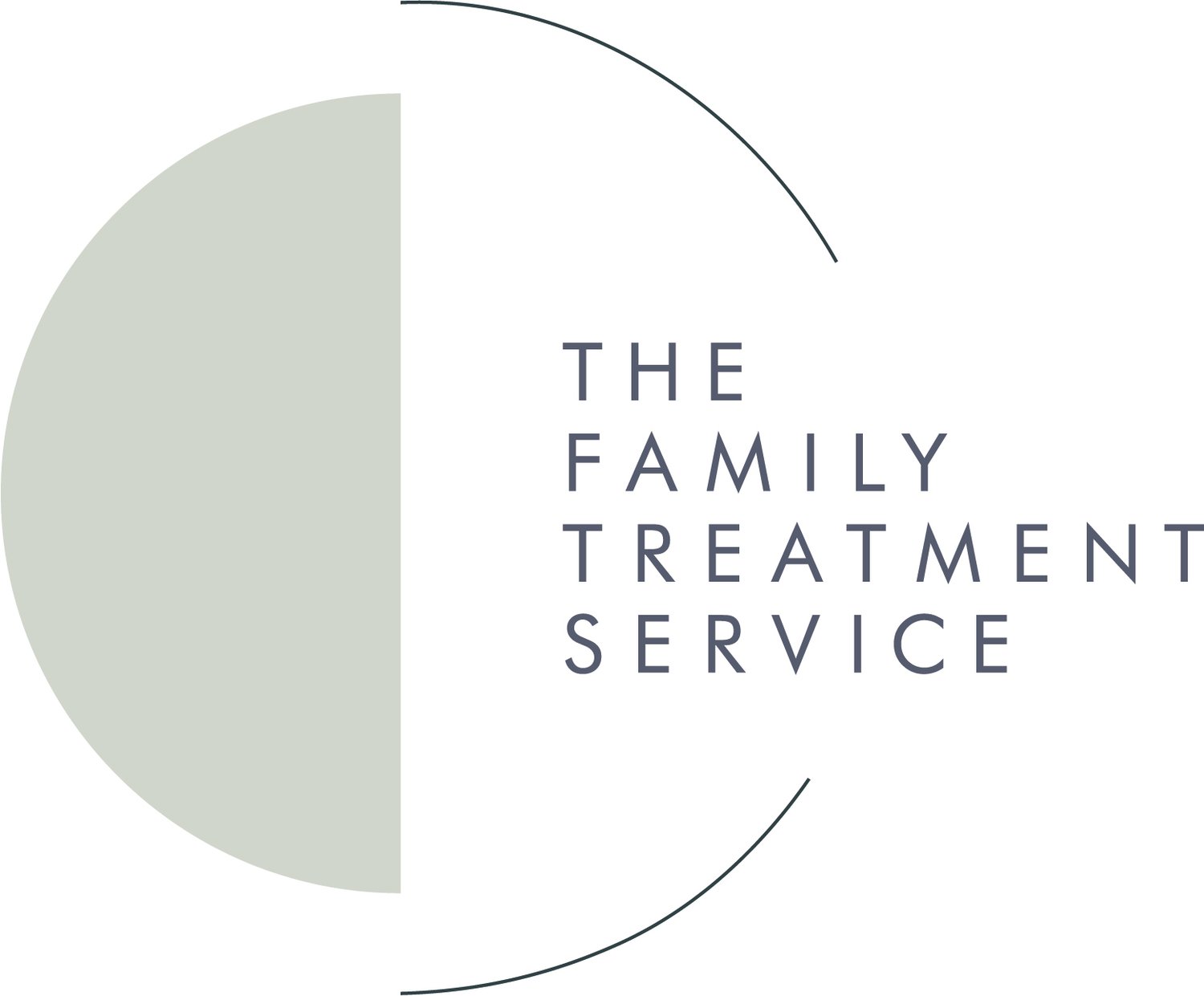Dr Alena Torriani
Counselling Psychologist
Dr Alena Torriani is a Counselling Psychologist registered with the Health and Care Professions Council (HCPC), and a Chartered Associate Fellow of the British Psychological Society (CPsychol AFBPsS). Since 2012 she has been working therapeutically with adults and young people whose problems range from severe and enduring conditions to more easily treatable issues, including: Depression, anxiety and panic disorders, family and relationship problems (including high conflict divorce), burnout and stress, trauma, and personality disorders.
Having had clinical experience within the NHS and in private organisations, Dr Torriani is skilled at providing specialised assessments, developing custom treatment plans, and offering short and long-term psychological therapy. Her clinical interests include attachment-based relationship dysfunctions and interpersonal trauma.
During her doctorate degree at Regent’s University London, she received core training in Cognitive Behavioural Therapy (CBT), Psychodynamic Psychotherapy, and Existential Analysis. She was further educated at the Anna Freud Centre in Mentalization-Based Treatment (MBT), an evidence-based therapy for personality difficulties, and she has undergone BPS-approved training in supervision.
Drawing upon her integrative clinical experience, Dr Torriani offers a bespoke approach that is grounded in a compassionate and process-focused therapeutic style. She is passionate about helping people build emotional resilience, to empower them to release negative patterns, to feel a greater sense of purpose, and to have more fulfilling connections.
She is further an advocate of holistic wellbeing by taking into account how our lifestyle affects our stress levels, which is intrinsically linked to both our physical and psychological health. It is therefore beneficial to acknowledge the importance of sleep, movement, nutrition, and mindfulness when addressing mental health concerns. The combination of improving our physical wellbeing while simultaneously uncovering the deeper causes of emotional distress can greatly improve psychotherapy results.

